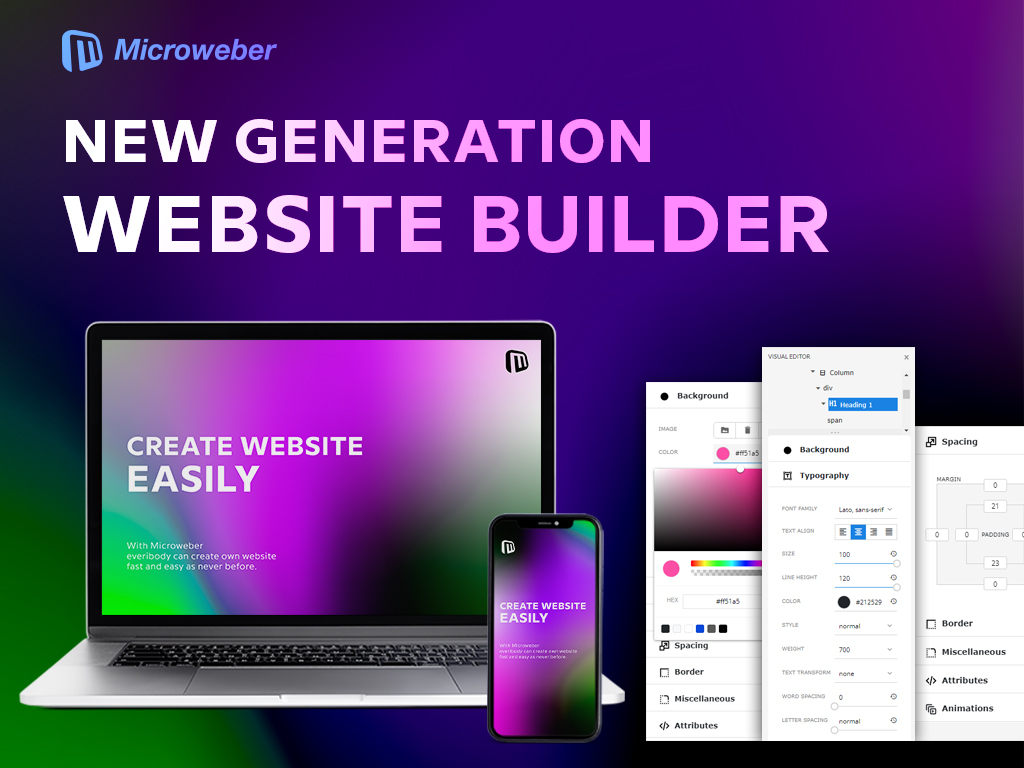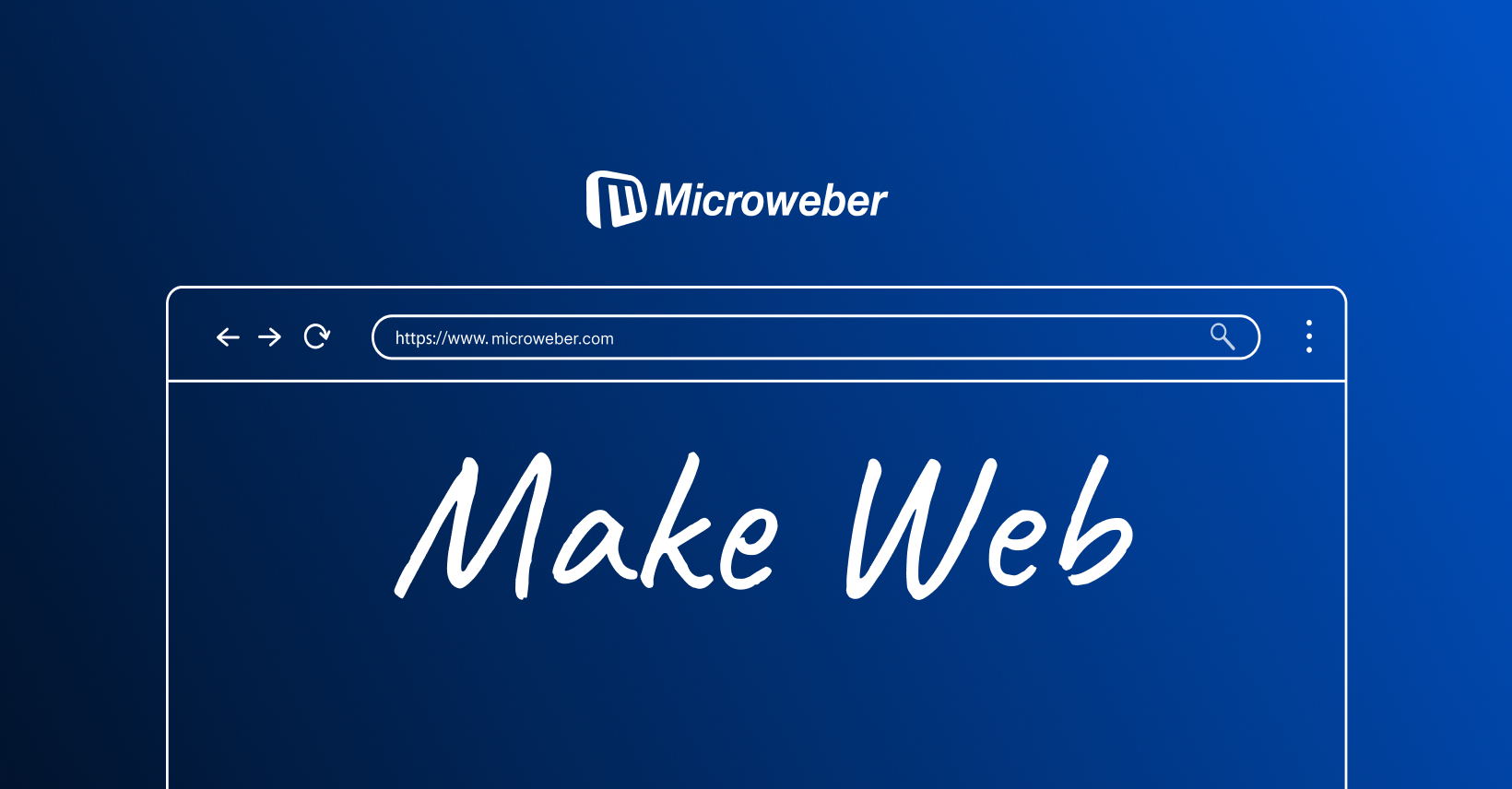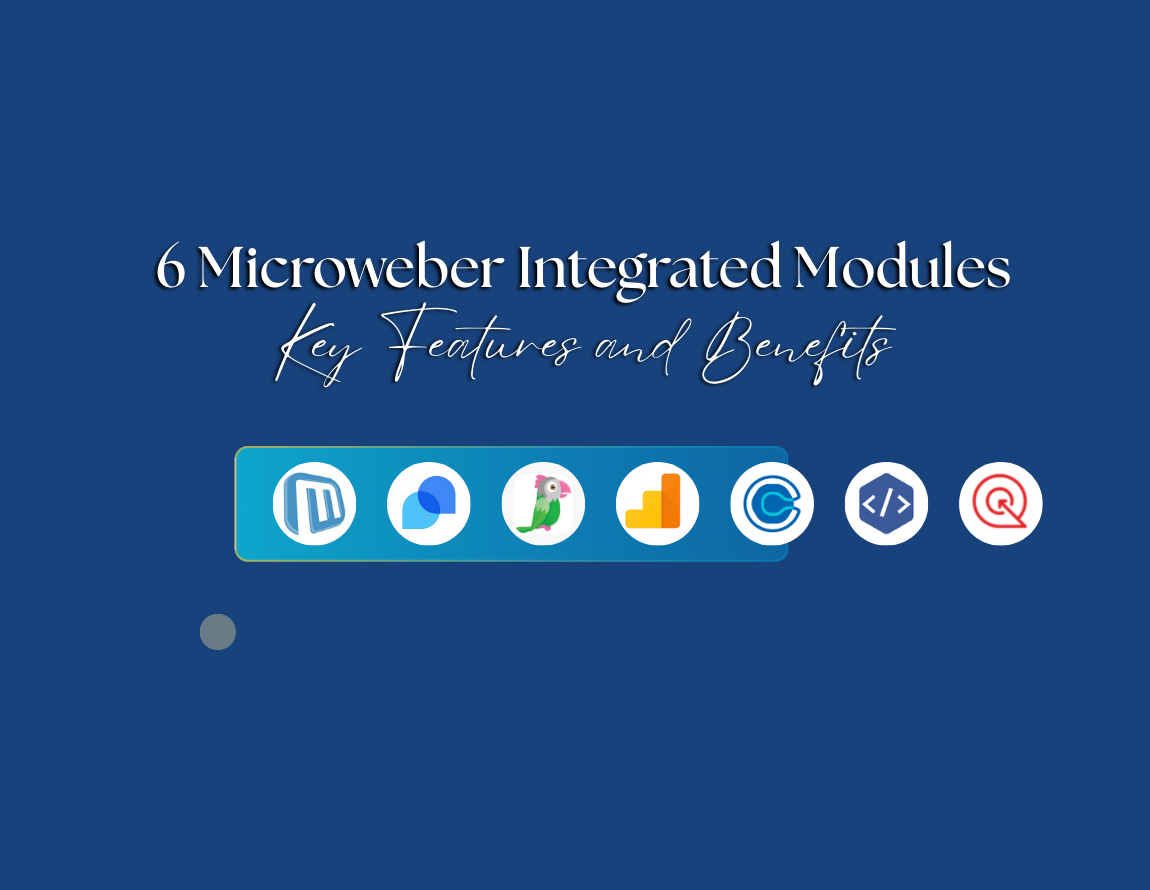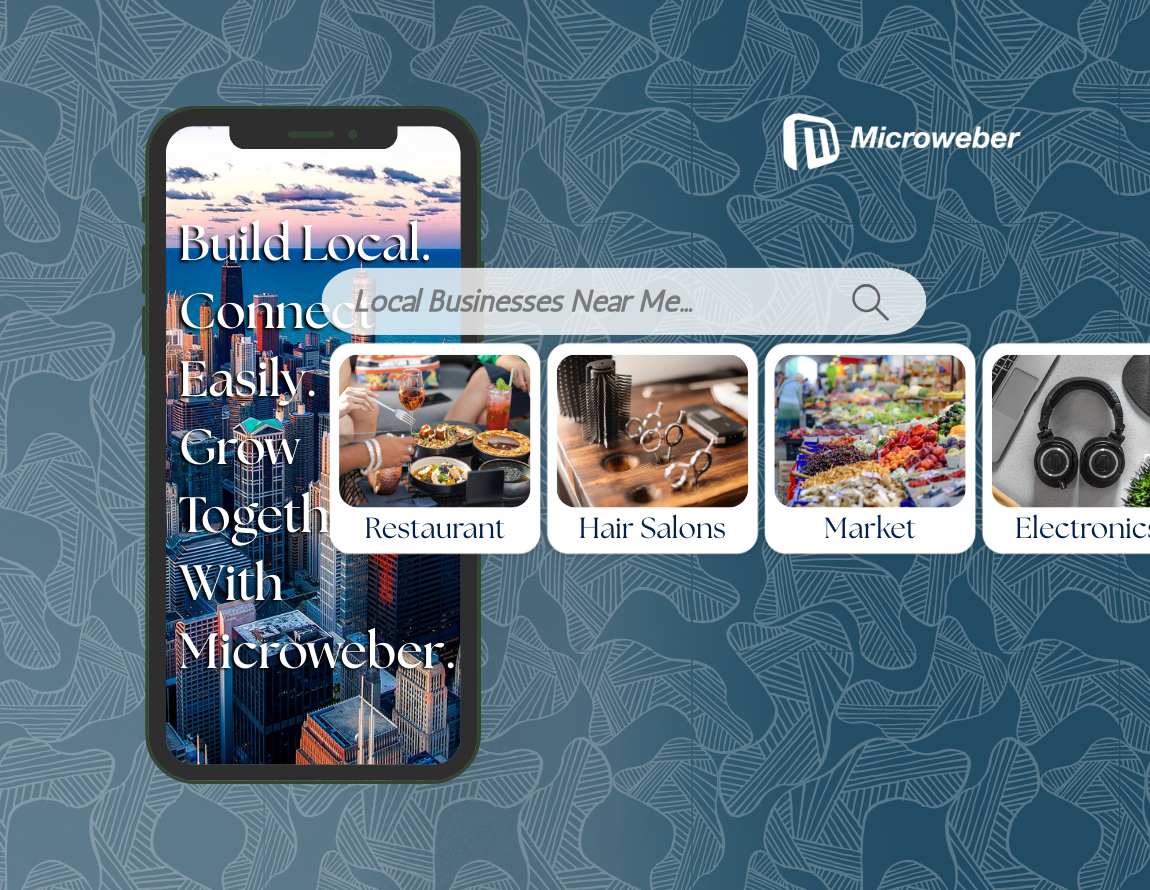The Ultimate Open-source CMS for E-commerce Success
Posted on: November 04, 2024 Updated on: November 07, 2024 by Nada AllamIn the rapid change of today’s digital landscape, a strong online presence can make or break a business. Consumers are swiftly turning to online shopping, preferring its flexibility to fit with their hectic lifestyles. As such, the retail landscape is adapting accordingly, and a powerful content management system (CMS) is now essential for a business that aims to achieve online success.
Understanding Open-source CMS: A Game Changer for E-commerce

What is an Open-source CMS?
It's a free, open-source content management system whereby source code types enable users to create and manage products and content, along with customer engagement with simplicity and elasticity. It is built openly by an open community in cooperation, which makes it really customizable, secure, and able to scale for businesses of all sizes.
Why is a CMS Essential for E-commerce?
In this dynamic e-commerce world, a robust CMS is the spine of every online store that enables the owner to manage everything, from product catalog management to updating content and even tracking customer engagement, thereby simplifying business for owners. Meanwhile, open-source CMS allows support for multiple integrations and plugins, thus helping the store owners with tools that help them stand up against the ever-changing market. The flexibility provided by the CMS allows companies to adapt themselves to those frenetic changes and maintain a wonderful customer experience that further makes the name and integrity of a brand firm.
Comparative Analysis: Open-source vs. SaaS E-commerce Solutions
Nowadays, as most peoples' attention is captured by online shopping, this can be one of the major decisions affecting businesses. Though there are particular benefits associated with both open-source CMS and SaaS solutions (Software as a Service), the former outperforms because it is flexible, affordable, and fully customizable.
Cost Implications and Long-term Value
The most significant difference between SaaS e-commerce and Open-source is the cost implications. Whereas SaaS e-commerce options frequently recur with subscription fees, open-source CMS platforms are usually free. In turn, this significantly reduces costs in the long term and enables its users to invest in custom features, marketing, and customer services rather than the platform itself. This makes it an ideal option for small businesses and those focused on long-term value.
Customization Capabilities: Which is Better?
SaaS solutions come with fixed templates and limited customization, which at times can encumber a brand's creativity. While in the case of customization, an open-source CMS platform leads the race as it allows its users full access to the source code and thus modifying the website according to their needs and requirements of branding.
Maintenance and Support: What to Expect
SaaS platforms already have technical support and maintenance in their subscription fees; hence, all that hassle is taken off the user's shoulders. It's usually the open-source CMS that relies on its users for maintenance and updates or provides third-party providers to handle the maintenance and updating independently. Thankfully, most open-source CMS addresses such a point in mind and provides communities, forums, and guidance, and at times some companies offer paid support packages that can help out with the technical requirements. The open-source platforms seem to stick to their nature in supplying their users with complete freedom on their platforms while providing a safety net if needs be.
Benefits of Choosing Open-source CMS for Online Stores
Open-source CMS offers several key advantages that allow users to lead in the market, including:
Cost-effective: Open-source CMS platforms are highly cost-effective, as they eliminate licensing fees, keeping operational costs low and freeing up budgets for growth-focused initiatives.
Customization: With unmatched customization options, open-source CMS allows businesses to tailor both branding and functionality to align perfectly with their unique needs and customer expectations.
Scalability: Open-source CMS platforms are built with seamless scalability in mind, which enables growth by accommodating expanding product lines and increased web traffic without requiring major overhauls.
Community-driven: The community-driven nature of the platforms allows its users to benefit from global networks that continuously contribute to plugins and themes, as well as ongoing improvements that enhance the platform’s value.
Top Open-source CMS Platforms for E-commerce
Each of the open-source CMS offerings has its proposition in the e-commerce space, thereby changing the way companies create and reach out to their customers. In this landscape dominated by veteran players such as Magento, WooCommerce, PrestaShop, and OpenCart, which boast scalability and extensibility in tried-and-tested functionalities, Microweber is turning out to be a new kid on the block, blending ease with powerhouse functionality. That's an innovative e-commerce platform that contains the fusion of ease with advanced e-commerce features, as it is mainly designed to help brands create captivating online stores with ease and give them a unique blend of control and creativity in their digital storefronts.
 Understanding Microweber:
Understanding Microweber:
Microweber is a powerful, free, and open-source CMS intended for easy creation and management of electronic commerce websites. Its architecture is built with usability, flexibility, and scalability in mind. Microwber is most suitable for startups, SMEs, and large enterprises alike due to its diverse business models. It finally allows entrepreneurs and developers to create customized online stores unhindered from traditional CMS platforms. Unlike most proprietary platforms, Microwber yields full control to the users over functionality and design, enabling them to come up with their personalized version of an online shopping experience.
Core Features of Microweber as an Effective Open-source E-commerce CMS
Depending on the growth of a business, Microweber features several key integrations that enhance the user experience. Focusing on scalability, customization, ease of use, and security, the platform will set up a sound foundation for online success.
Robust SEO Capabilities for Enhanced Visibility
Microweber has an integrated SEO tool that will enable the owners of businesses to optimize product pages and content for search engines. Owners can edit meta tags, and give URLs and alternative texts for images for increased chances of coming up in relevant searches.
User-friendly Interface for Easy Navigation
Microweber boasts of a peculiar kind of dashboard, managing an e-commerce operation just got a whole lot easier. This would take users, both technical and nontechnical, through a set of functionalities from product listing to customer analytics. Such usability would mean that even the less technically savvy users can do most of the functions on their sites independently, thus reducing dependency on outsourced IT support.
Scalability to Accommodate Business Growth
As the business grows, so do its needs. With Microweber, it becomes easy to handle scaling for more traffic and larger product lines, without necessarily migrating to another platform. Long-term viability and with the least disruption on the client side are assured.
Customizable Themes and Templates
The platform presents an excellent selection of templates that can be customized according to the business and its brand identity. With a drag-and-drop editor feature that is user-friendly, users will have no problem editing layouts and design elements so their website looks professional and actually reflects their brand ethos.
Comprehensive Integration Options with Third-party Tools
Microweber is all about creating a strong e-commerce ecosystem. It strongly believes that any business is incomplete without proper integration with third-party tools or utilities. Thus, it offers a variety of modules, plugins, popular payment gateways, and analytics that would finally enable the business to connect quickly with diverse services for better efficiency.
Security Considerations
Microweber prioritizes security, recognizing its paramount importance in e-commerce, where sensitive customer data is handled. The platform includes built-in security features, such as Stripe Payment gateway, and constant and regular updates to safeguard transactions effectively.
White label Solution
Microweber offers a white label solution where the platform can be rebranded with your business identity. This feature is of great help for agencies and service providers who wish to provide custom e-commerce solutions to their clients without necessarily showing them the actual technology behind it. By using this white label solution option provided, a business will be able to create an identity for itself while taking advantage of the powerful features that Microweber avails to it in the course of fostering trust and loyalty among its clients.
Implementing Your Chosen Open-source CMS with Microweber
Setting Up the Platform:
Microweber offers seamless access and a straightforward sign-up process, ensuring that new users can easily get started, regardless of their technical knowledge. Its intuitive interface is designed for both beginners and experienced users, allowing anyone to navigate the setup with confidence. With user-friendly prompts and guidance, businesses can quickly establish their online presence without the need for extensive technical expertise.
Customizing for Branding and Functionality
Microweber allows for an extensive customization of layout options and functionalities. The platform ensures that each business can create their unique platform that aligns with their brand identity and journey, might it be through their unique logo, structure, imagery, or various other easy drag-and-drop functions and features.
Integrating Payment Solutions
Microweber’s CMS supports various payment gateways, which allows business owners to choose options that best suit their needs. Might it be Paypal Express, Stripe payment, Mobile payment, Mollie payment, Przelewy24, or even a simple bank transfer, Microweber provides you with all the choices you might need for smooth access to all services.
Testing and Launching Your Microweber E-commerce Site
Before launching, Microweber users can easily test the website’s functionality across multiple devices, browsers, and screen sizes. This ensures a seamless navigation, correct payment process and an overall positive user experience.
Conclusion: Your Path to E-commerce Triumph with Open-source CMS
For every business and organization seeking a cost-effective, scalable, and customizable platform to enhance their e-commerce ventures, Microweber presents an invaluable asset. Adopting Microweber as your open-source CMS for e-commerce provides a solid foundation for success, offering freedom, scalability, and a wealth of customization options. By selecting this innovative platform, customizing the user experience, and integrating necessary tools, businesses can build a strong digital presence that resonates with customers and drives growth. Whether you’re a startup or an established brand looking to enhance an existing store, Microweber paves the way to help you achieve your goals and set on a profitable e-commerce journey.
FAQs
What makes open-source CMS better for e-commerce?
Open-source CMS platforms, including Microweber, offer flexibility, customization, and cost savings, allowing businesses to tailor their online stores to specific needs without licensing fees.
Can I customize my open-source CMS without developer skills?
Yes, many open-source CMS platforms come with user-friendly, drag-and-drop editors, making it easy to customize without technical skills.
Are there costs associated with Open-source CMS?
While there are no licensing fees, you may incur costs for hosting, themes, plugins, and support services as needed.
Is open-source CMS secure for online transactions?
Yes, with proper security measures and regular updates, open-source CMS can be highly secure for e-commerce transactions.
How can I optimize my Open-source e-commerce site for better performance?
Optimize images, use caching plugins, and regularly update software to improve site speed and user experience.







